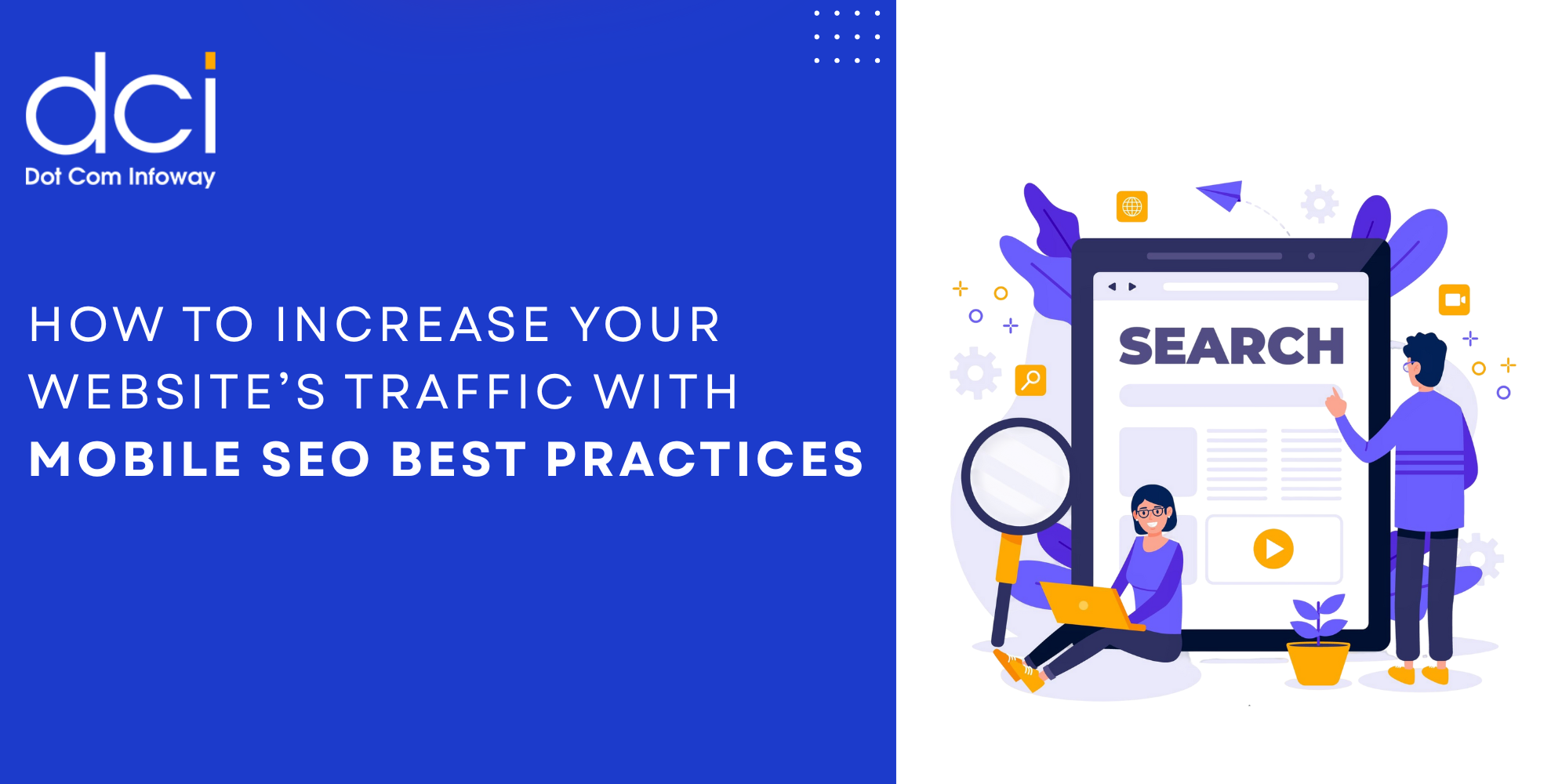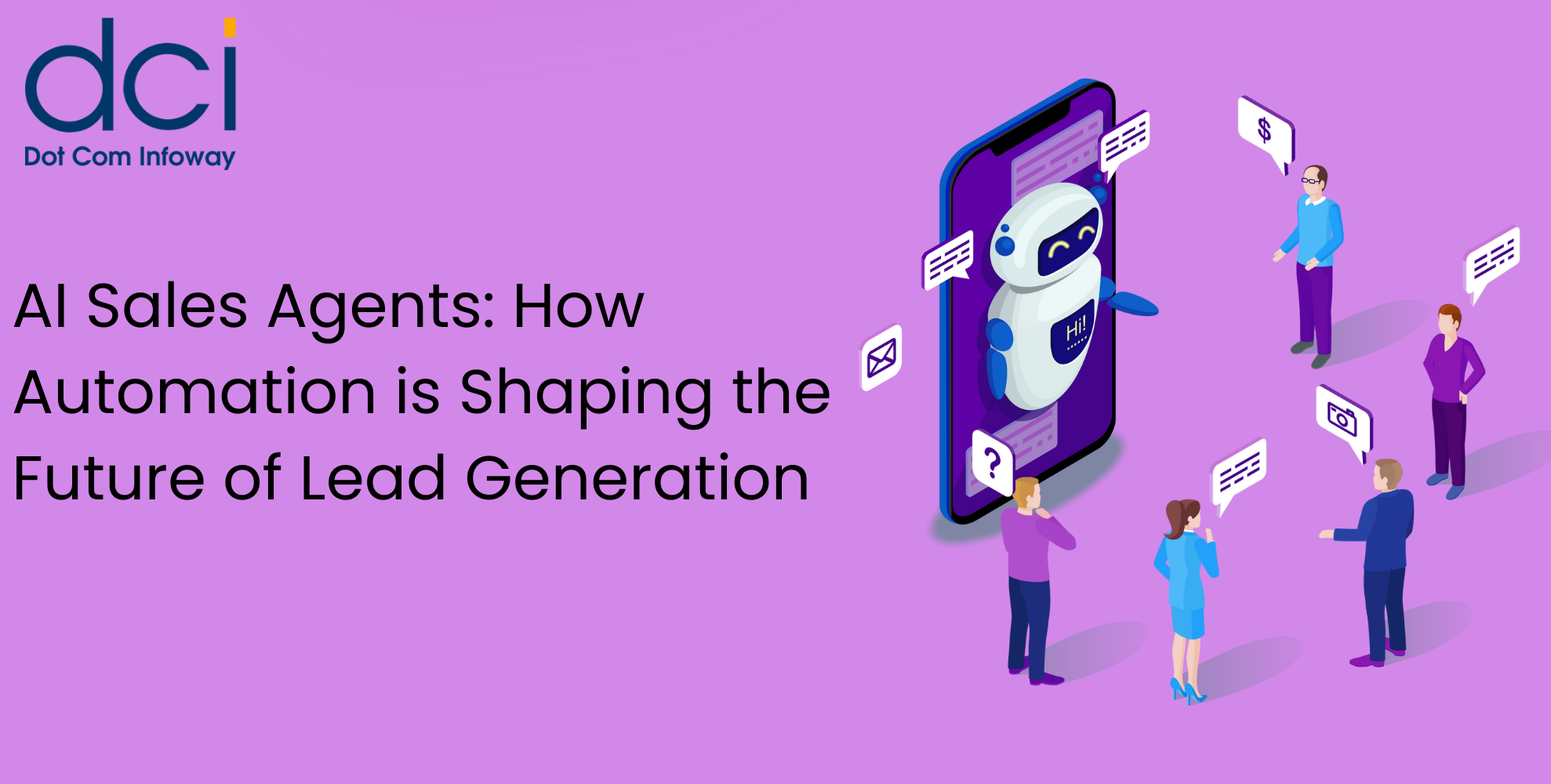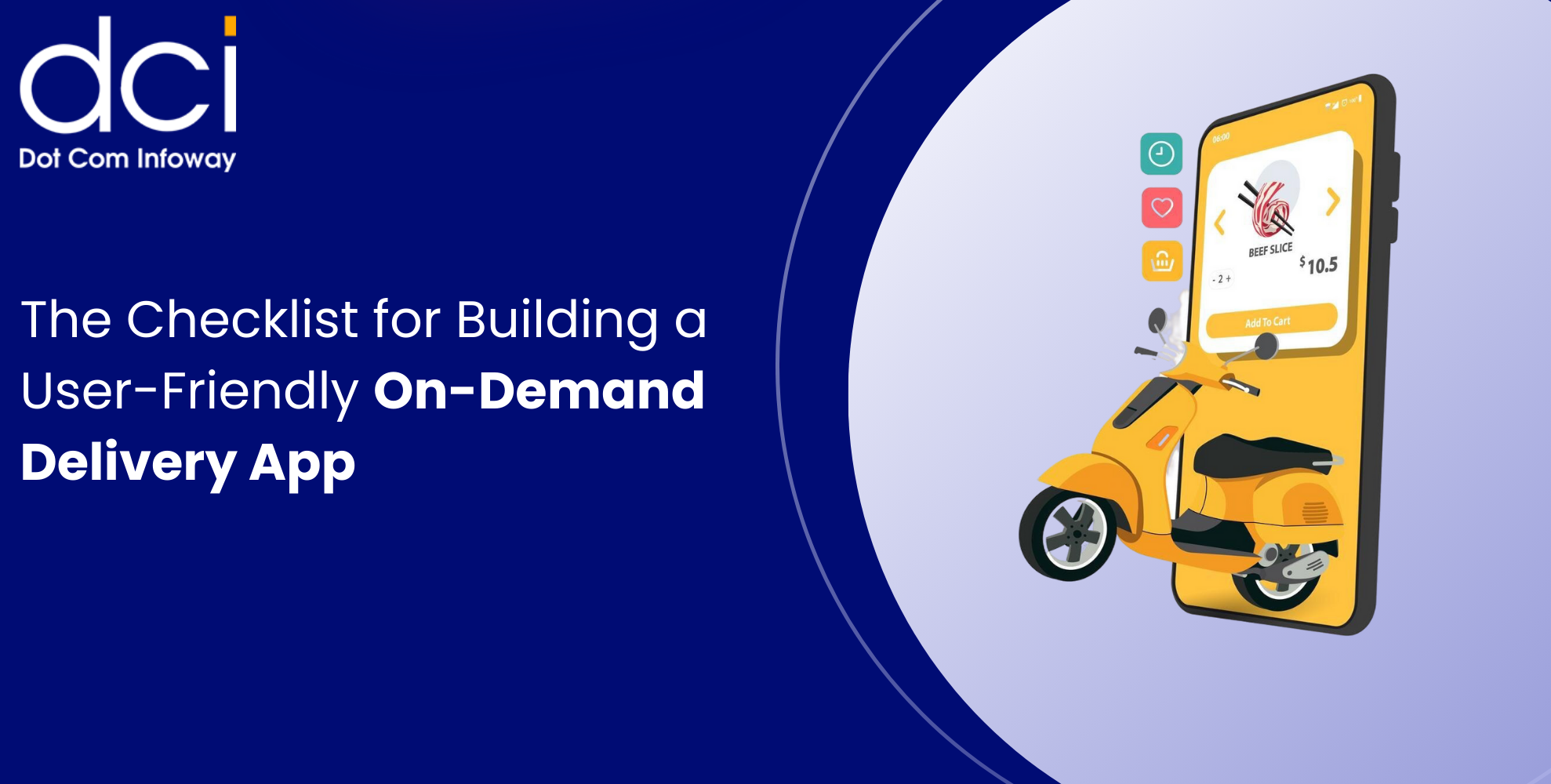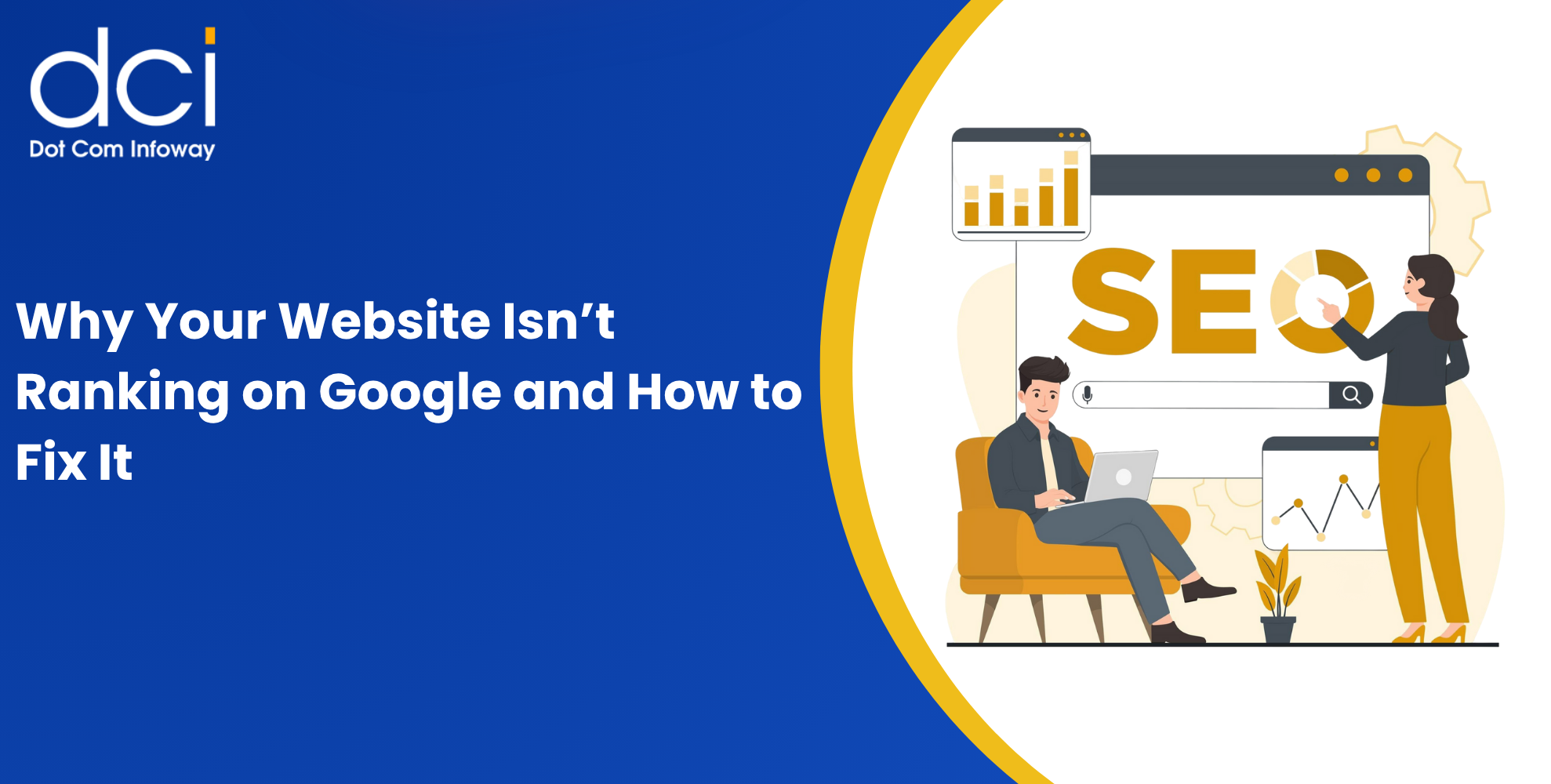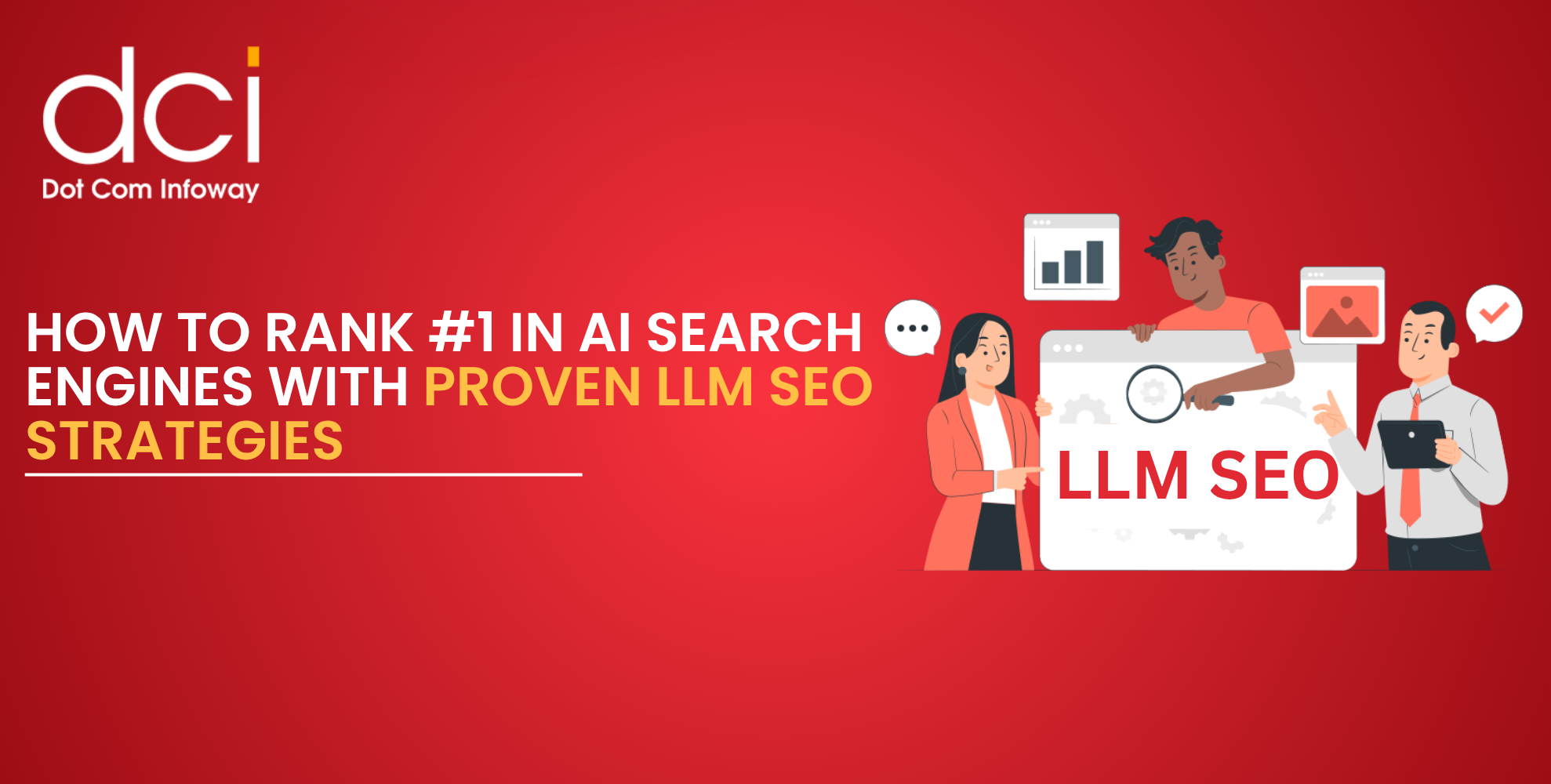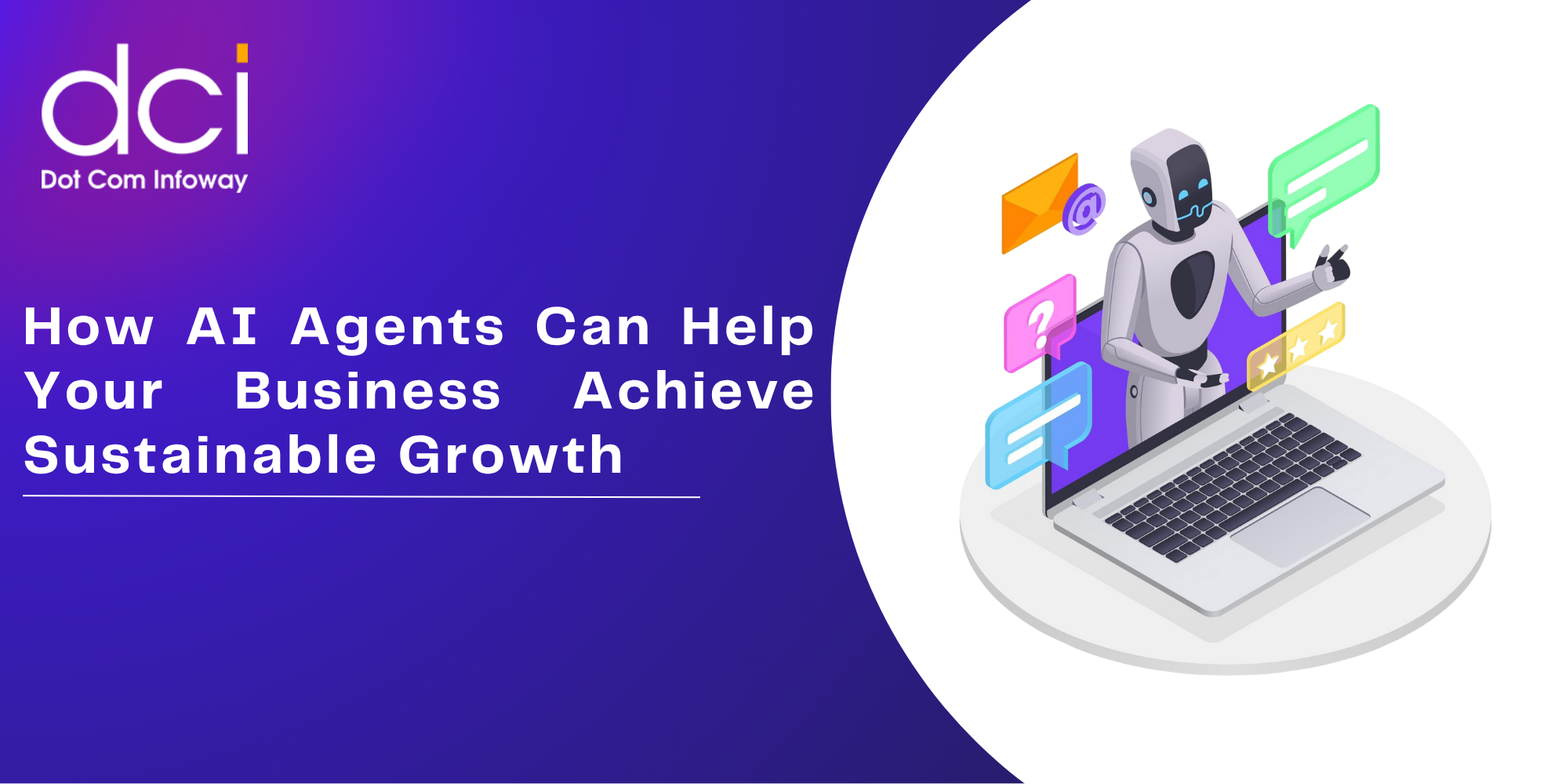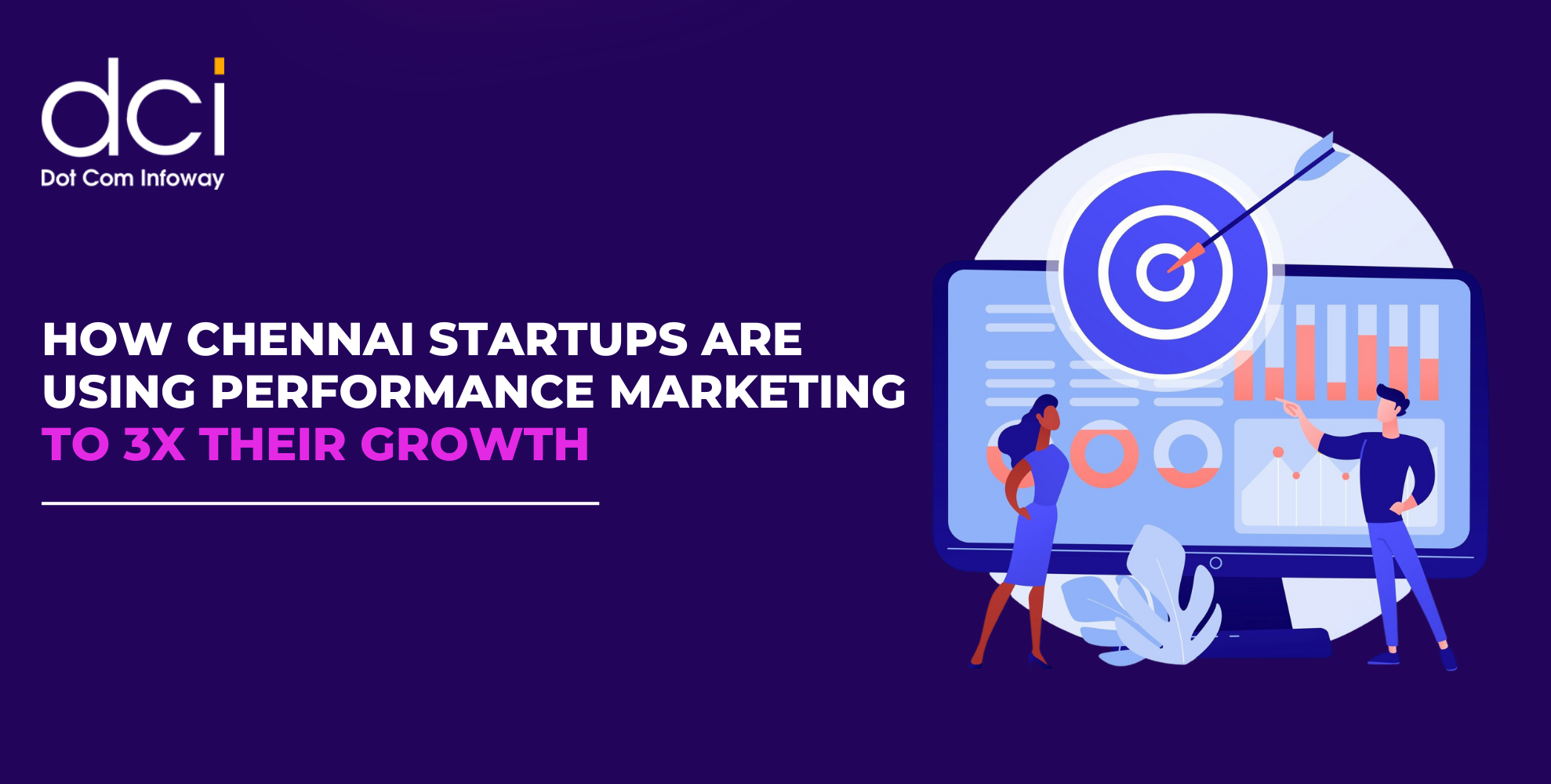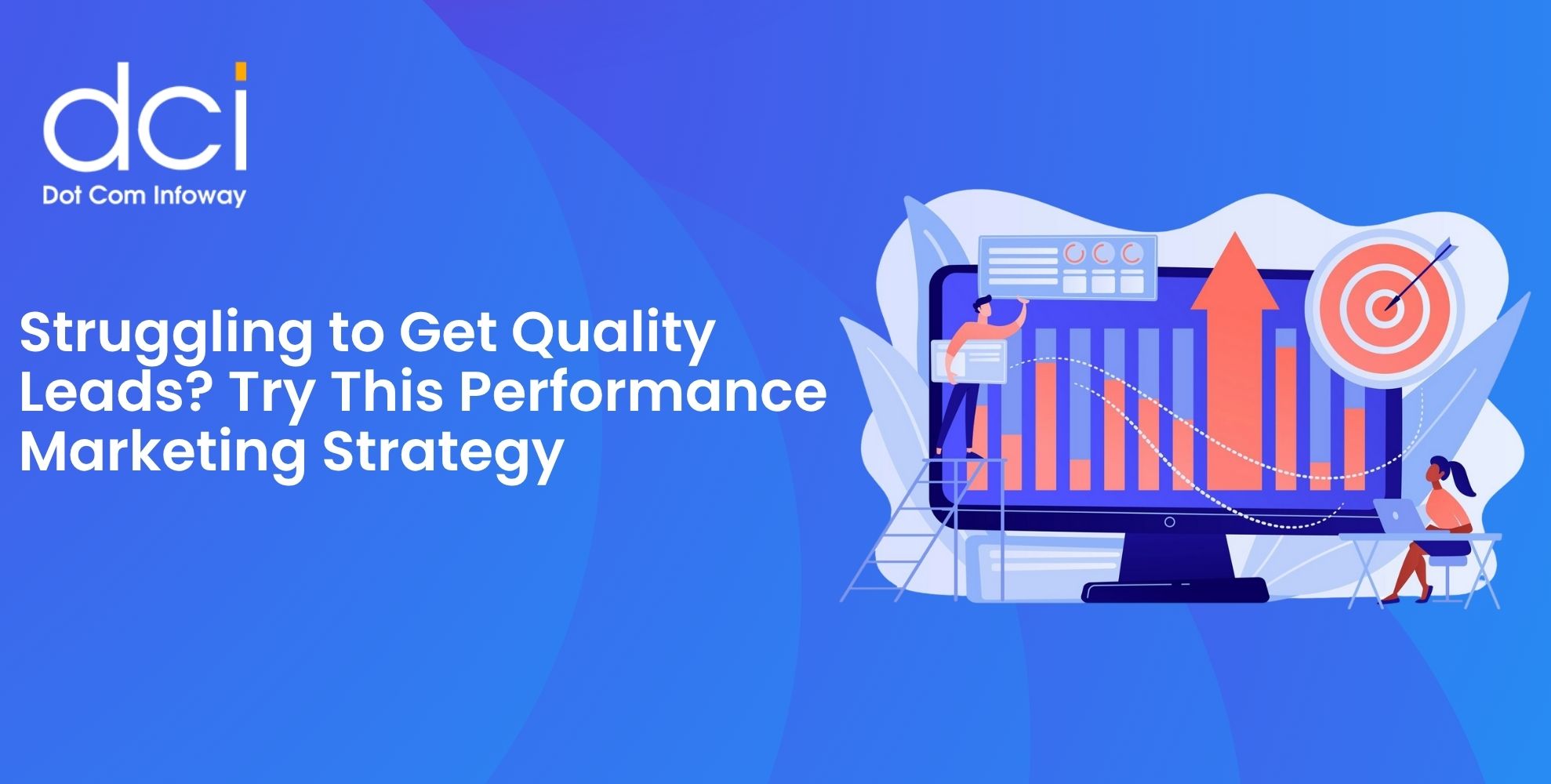1. What Exactly Is LLM SEO and How Does It Differ from Traditional SEO?
LLM SEO (Large Language Model SEO) represents the optimization of content specifically for AI search engines like ChatGPT, Google Gemini, Perplexity, and Claude. Unlike traditional SEO that targets keyword-based algorithms, LLM SEO focuses on semantic understanding, conversational queries, and contextual relevance.
Johnny Hughes, a digital marketing expert featured on Medium, conducted extensive research comparing ranking factors across ChatGPT, Google Gemini, and Perplexity. His analysis revealed that content quality and relevance consistently rank as the top factor across all three platforms, accounting for 30-35% of ranking influence.
“AI changes how people search. They ask full questions and often stop at summaries, leading to more zero-click searches. That’s why it’s key to optimize for semantic search and AI search behavior.” – Chad Stoecker, Gravitate Design
The fundamental difference lies in user intent interpretation. While traditional SEO matches keywords to pages, LLM SEO analyzes context, understands nuanced questions, and provides direct answers through natural language processing.
2. How Do AI Search Engines Actually Rank Content?
Research from D Koder Marketing shows only 15% of businesses have formal AI search optimization strategies — leaving early adopters with a huge advantage.
AI search engines evaluate content using four key factors:
- Content Quality & Accuracy (30–35%)
LLMs prioritize authoritative, well-researched, fact-checked content and penalize inaccuracies.
- Natural Language Optimization (25%)
Conversational, semantic-rich content that mirrors natural speech performs better in AI ranking models like ChatGPT.
- Structured Data & Schema (20%)
JSON-LD schema improves context and entity recognition, boosting comprehension by up to 35%.
- Authority & Trust Signals (20%)
Expert, credible sources with strong topical authority increase citation probability by 55%.
The data shows that AI SEO requires different strategies than traditional optimization, demanding fact-based, conversational, and structured content for maximum visibility.
3. What Role Do Featured Snippets Play in LLM SEO Success?
Featured snippets serve as training data for AI models, making them crucial for llm seo optimization. Content appearing in featured snippets has a 60% higher probability of being cited by AI search engines.
Successful snippet optimization requires specific formatting:
- Direct Answer Format: Provide concise 40-60 word answers to specific questions
- List-Based Structure: Numbered lists and bullet points increase extraction rates by 35%
- Question-Based Headers: H2 and H3 tags formatted as questions match conversational search patterns
Nearly 60% of searches now result in zero clicks, with users consuming information directly from AI-generated summaries. This makes featured snippet optimization essential for maintaining brand visibility in an AI-dominated search landscape.
4. How Important Are Conversational Keywords for AI Search Optimization?
Conversational keywords are the backbone of effective LLM SEO. Unlike traditional short keywords, AI search engines favor natural, human-like language patterns.
With 25% of internet users using voice assistants weekly, searches have shifted from phrases like “white shoes cleaning tips” to full queries such as “how to clean white shoes at home.”
Research shows long-tail conversational phrases drive 45% higher engagement in AI search compared to keyword-stuffed content. Success comes from focusing on user intent rather than raw search volume.
5. What Content Formats Do AI Search Engines Prefer Most?
AI search engines demonstrate clear preferences for specific content structures that enable efficient parsing and accurate summarization. LLM ranking factors heavily favor organized, scannable content formats.
Q&A Style Content increases AI visibility by 40% across all platforms. Users naturally ask conversational questions, making Q&A formats highly discoverable for voice search and AI assistants.
Hierarchical Header Organization improves AI content understanding by 40%. Clear H2 and H3 structures enable accurate content categorization and retrieval, with logical information architecture supporting semantic relevance.
FAQ Implementation appears in 65% of AI search responses for informational queries. Question-based content sections directly match conversational search patterns, particularly important for chatgpt seo optimization.
Bullet Point Integration increases AI citation rates by 35%. Structured information presentation aligns with AI summarization preferences, making content easier to extract and reference.
6. How Do I Measure the Success of My LLM SEO Strategies?
Traditional SEO metrics fall short for LLM SEO. AI search optimization requires new measures focused on brand mentions, content citations, and conversational search visibility.
- Brand Mention Tracking: Monitor references across AI platforms, tracking frequency and accuracy in responses.
- Content Citation Analysis: Measure how often AI engines cite your content, reflecting authority and trust.
- Conversational Search Monitoring: Test brand/topic queries on ChatGPT, Perplexity, and Gemini to check consistency and accuracy.
Experts recommend monthly AI search audits to track trends, refine strategies, and stay competitive.
“Context engineering transforms large language models from clever responders to reliable problem solvers.” – Generative AI Research Publication
7. What Are the Most Common LLM SEO Implementation Mistakes?
Analysis of 1,000+ websites shows recurring mistakes that limit AI visibility:
- Keyword Stuffing
Traditional keyword tactics hurt LLM SEO. AI models penalize unnatural patterns—conversational flow and readability are key.
- Ignoring Structured Data
Schema markup boosts AI comprehension by 35%, yet 70% of sites skip proper JSON-LD, limiting context recognition.
- Overemphasizing Content Length
AI prioritizes accuracy and relevance over word count. Concise, authoritative content often outranks longer, unfocused pieces.
- Neglecting Entity-Rich Content
Recognized entities (brands, people, places) boost citation rates by 60%, but many fail to include them, reducing AI validation.
Effective LLM SEO means adapting to AI engine behaviors, not forcing outdated SEO tactics into a new context.
8. How Do E-E-A-T Principles Apply to LLM SEO?
E-E-A-T (Experience, Expertise, Authoritativeness, Trustworthiness) has become critical for AI search success. LLMs now assess credibility and author authority with greater sophistication than ever.
- Experience
AI engines look for depth, real-world insights, and first-hand examples, not just credentials. These signals significantly boost authority.
- Expertise
Content must demonstrate accuracy, technical depth, and industry-specific language. AI cross-references data, so subject matter knowledge is key to citation.
- Authoritativeness
AI evaluates author bios, publication history, and recognition—making expert bylines essential for LLM SEO success.
- Trustworthiness
Fact-checking, citations, and verified sources are non-negotiable. Factual errors are heavily penalized.
For YMYL topics like healthcare and finance, AI prioritizes certified professionals and accredited sources, requiring strict E-E-A-T compliance.
9. What Impact Does Voice Search Have on LLM SEO Strategy?
With 25% of internet users using voice assistants weekly, voice search is reshaping LLM SEO. Voice queries reflect natural conversation, which AI engines prefer.
Longer, Conversational Queries
Voice searches average 7–10 words, offering opportunities for long-tail conversational keyword optimization (e.g., “what’s the best Italian restaurant near me that takes reservations”).
- Natural Language Optimization
Content must use conversational phrasing that mirrors spoken questions—not just typed keywords.
- Local SEO Importance
Voice searches often include location-based intent. “Near me” phrases and local information are critical for voice visibility.
- Question-Based Structure
FAQs, Q&A formats, and question headers increase visibility across voice assistants like Siri, Alexa, and Google Assistant.
Research shows voice-optimized content boosts AI engagement by 35%, making it a key component of effective LLM SEO strategies.
10. How Do Different AI Search Platforms Rank Content Differently?
Each AI search platform employs unique ranking methodologies, requiring platform-specific ai seo best practices for maximum visibility across the AI search ecosystem.
ChatGPT Optimization Priorities:
- Natural Language Processing optimization (25%)
- Authority and trustworthiness signals (20%)
- Content quality and factual accuracy (30%)
- Contextual relevance and semantic understanding (15%)
- User engagement and satisfaction signals (10%)
Perplexity Ranking Factors:
- Direct engagement with AI trends (15%)
- Backlink strategy and domain authority (15%)
- Content freshness and update frequency (20%)
- Source credibility and citation quality (25%)
- Comprehensive topic coverage (25%)
Google Gemini Priorities:
- User engagement metrics and dwell time (20%)
- On-page SEO and technical optimization (15%)
- Schema markup and structured data (10%)
- Content depth and expertise signals (30%)
- Entity recognition and knowledge graph integration (25%)
Understanding these platform-specific differences enables targeted optimization strategies that maximize visibility across multiple AI search engines simultaneously, rather than applying generic approaches that may underperform on specific platforms.

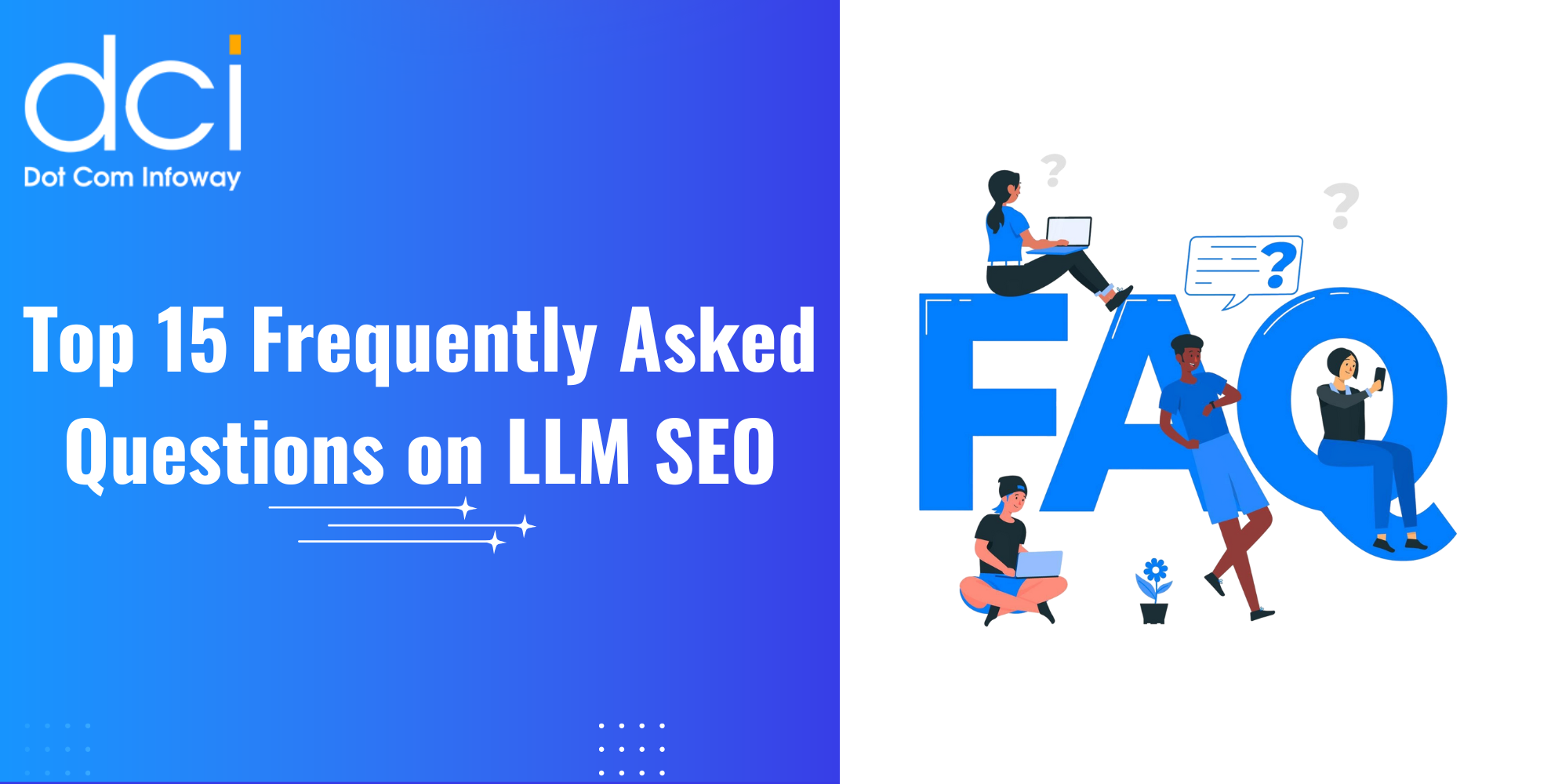



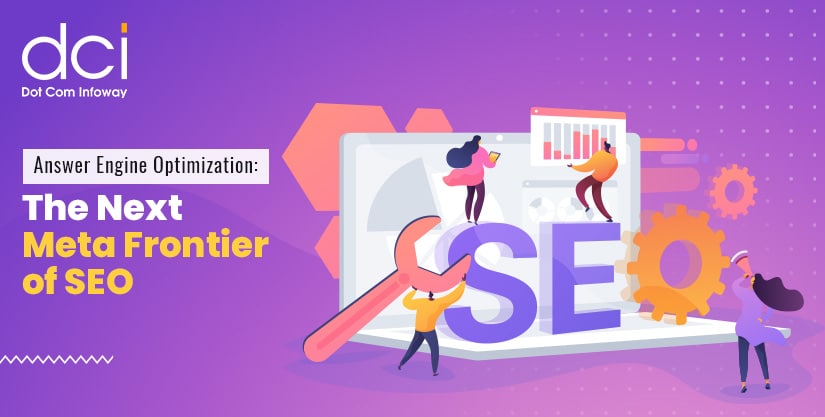


![The Game Marketing Guide: Pre and Post-Launch Strategies [Infographic]](https://www.dotcominfoway.com/wp-content/uploads/2023/09/DCI-Game-Marketing-blog-1.jpg)
